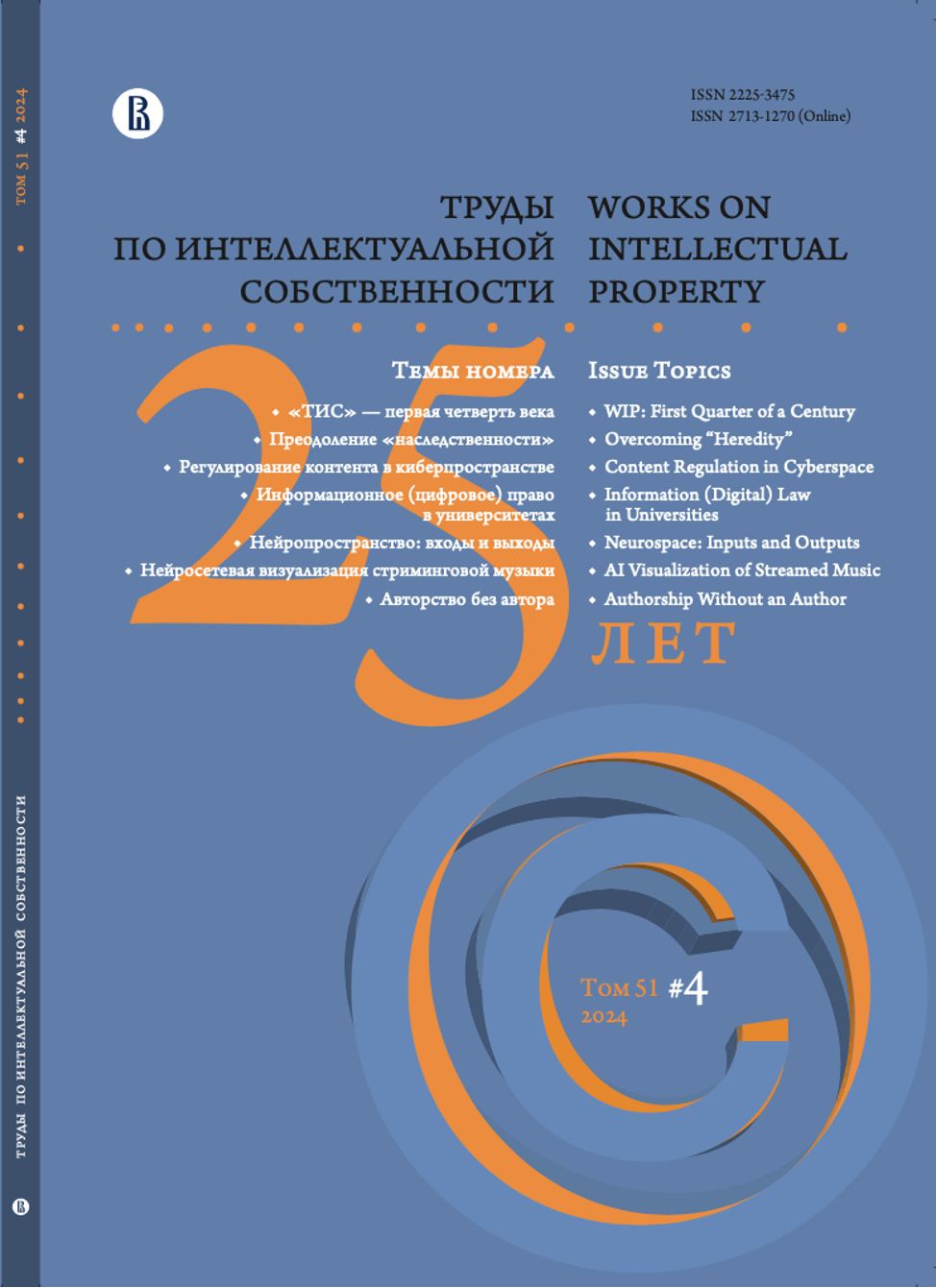INTERNET CONTENT REGULATION IN THE CONTEXT OF LEGAL AND EXTRA-LEGAL GLOBAL TRENDS
Abstract
The article examines the regulation of Internet content from the perspective of an impartial observer, drawing on facts, legislation, case law, and legal research insights. It begins by comparing XIX century censorship with Internet content restrictions and concludes that the goal of the state in both cases is to protect its citizens. It then analyses the global growth of laws blocking false information and the risks associated with this trend, including the high degree of vagueness in the definitions of basic concepts. The section on the necessity of balancing human rights when introducing content restrictions focuses on freedom of expression and a potential conflict between information freedoms and copyright law. The article concludes by considering the global factors that, in the author’s opinion, determine the reasons and the way of how we regulate Internet content. The author reflects on a precautionary principle based regulation of new technologies, changes in the ways of consuming information and in attitudes towards its content, as well as global value divergence, which gives rise to mistrust and isolationist trend.


